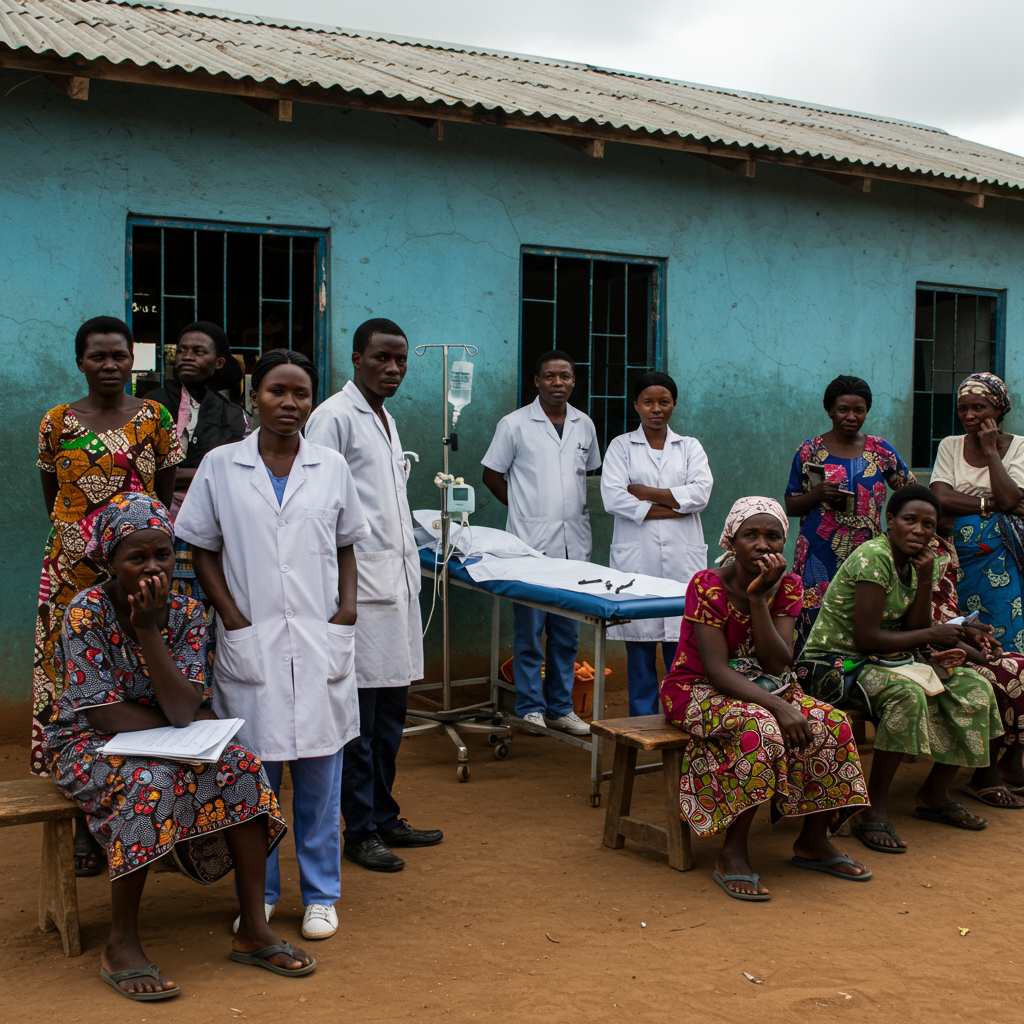For decades, the global health community has fought tirelessly against the HIV epidemic. Experts believed 2025 held the potential for a landmark year, potentially marking a significant turning point in the 44-year struggle against the virus. However, that promise is now dimming, primarily due to substantial cuts in U.S. foreign assistance.
A Year of Potential Breakthroughs Derailed
Years of dedicated research and investment had culminated in exciting advancements poised for deployment. These included:
New Vaccine Approaches: Promising vaccine candidates were entering crucial clinical trial phases.
Cure Research Progress: The hunt for an outright cure was making headway, identifying key mechanisms to block the virus even when dormant in the body.
- Revolutionary Prevention: Most critically, a groundbreaking preventive drug, lenacapavir, offered near-complete protection with just a twice-yearly injection. Plans were in place for a rapid rollout of this vital tool across eastern and southern Africa, specifically targeting young women who account for half of all new global infections.
Yet, these ambitious plans, aimed at finally gaining the upper hand against HIV, have been significantly impacted by recent decisions to slash foreign aid funding.
The Ripple Effect of Funding Cuts
The reduction in U.S. support has created immediate crises for HIV programs across Africa. Health initiatives that once relied on consistent American funding are now struggling to maintain essential services.
Clinics are facing closures, trained nurses and lab technicians are being laid off, and critical outreach programs designed to prevent new infections are being shut down. The human cost is already visible. In Eswatini, a country once battling the world’s highest HIV infection rate, nearly 5,000 people missed collecting their necessary medication over a four-month period earlier this year, likely due to clinic closures or the loss of their health workers.
Leading scientists and public health experts express profound disappointment. “We imagined we would be in a different world right now,” stated Dr. Leila Mansoor, a senior research scientist in Durban, South Africa. Her team had planned a year focused on analyzing trial data, preparing for new studies, and tracking the transformative impact of drugs like lenacapavir. Instead, resources are now diverted to simply scrambling for basic drug supplies and trying to restore lost infrastructure.
Threatening the Goal to End the Epidemic
Despite the incredible scientific potential currently available to control and even potentially end the HIV epidemic, the withdrawal of crucial funding jeopardizes these efforts. The ability to quickly deploy innovative tools like lenacapavir, which could drastically curb new infections, is severely hampered. Simultaneously, the cuts undermine the existing, vital programs that provide treatment and care to millions living with the virus.
Organizations like the Gates Foundation, the President’s Emergency Plan for AIDS Relief (PEPFAR), and the Global Fund to Fight AIDS, Tuberculosis and Malaria have been instrumental in the global fight against HIV. The reduction in U.S. commitment threatens the collaborative progress made over decades and puts vulnerable populations at increased risk, potentially allowing the epidemic to regain ground in regions where it was starting to be controlled.



